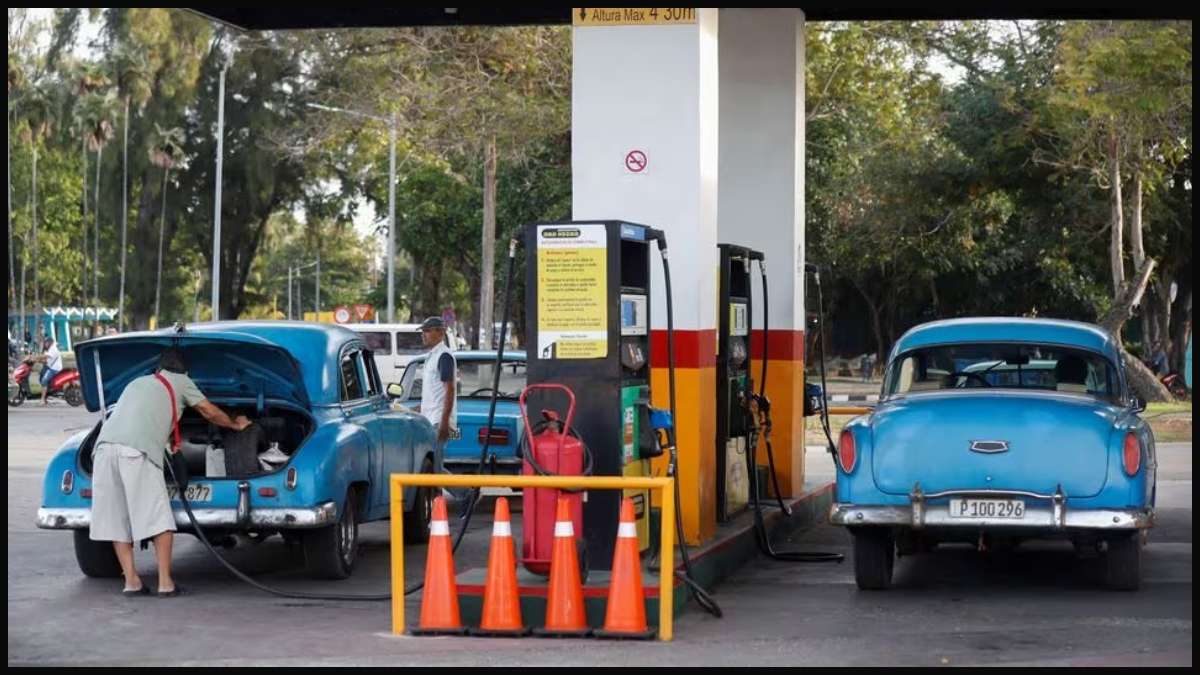
[ad_1]

The Cuban government has announced a five-fold increase in fuel prices from February 1, which would see the price of a litre of petrol going up from 25 pesos to 132 pesos, as it struggles with a massive deficit and a worsening economic crisis. The government hopes that the measure reduces its deficit, but this will make life more difficult for cash-strapped Cubans.
Finance minister Vladimir Regueiro said the cost of diesel and other types of fuel would face similar mark-ups, while also announcing a 25 per cent increase in electricity prices for major consumers in residential areas, as well as hikes in natural gas prices, BBC reported. “These measures are aimed at reviving our economy,” he said.
The Cuban government would also open 29 new petrol stations that will solely accept payment in US dollars to raise foreign currency for the purchase of fuel in international markets. Last month, Cuba’s economy minister said Cuba’s communist government could no longer sell fuel at subsidised prices as it was “the cheapest in the world”.
Economic crisis in Cuba
Cuba, which depends heavily on imports, has suffered growing shortages of food, medicine, and consumer goods for the last four years in an economy wracked by the COVID-19 pandemic, structural weaknesses and tightening of US sanctions. The country is suffering from very high inflation that has seen the prices of basic items skyrocket and salaries for state workers stagnate.
According to Reuters, a 40-litre tank of fuel will now cost 6,240 pesos, well over the average monthly state salary of 4,209 pesos. These will heavily burden Cubans already struggling to make ends meet as many residents depend on state subsidiaries.
Furthermore, the Cuban government said its decision to open petrol stations accepting US dollars is necessary to raise funds to import fuel from abroad, but experts argue it will lead to privileged access to gasoline for those with access to foreign currency.
“It’s not the same to fill your tank with 1,000 pesos as it is to spend 6,000. The price of everything is going to go up; this will cause a chain reaction,” said state worker Ernesto Cordero. Health workers who earn in pesos would not have the luxury of opting for stations accepting US dollars.
The peso began a sharp decline in 2021 after the Cuban government announced a monetary reform that dumped a complex dual-currency system, spawning a new black market exchange that has contributed to soaring prices on the island.
(with inputs from Reuters)
ALSO READ | Fuel consumption rises to seven-month high in December to 20.05 million tonnes
[ad_2]
Source link